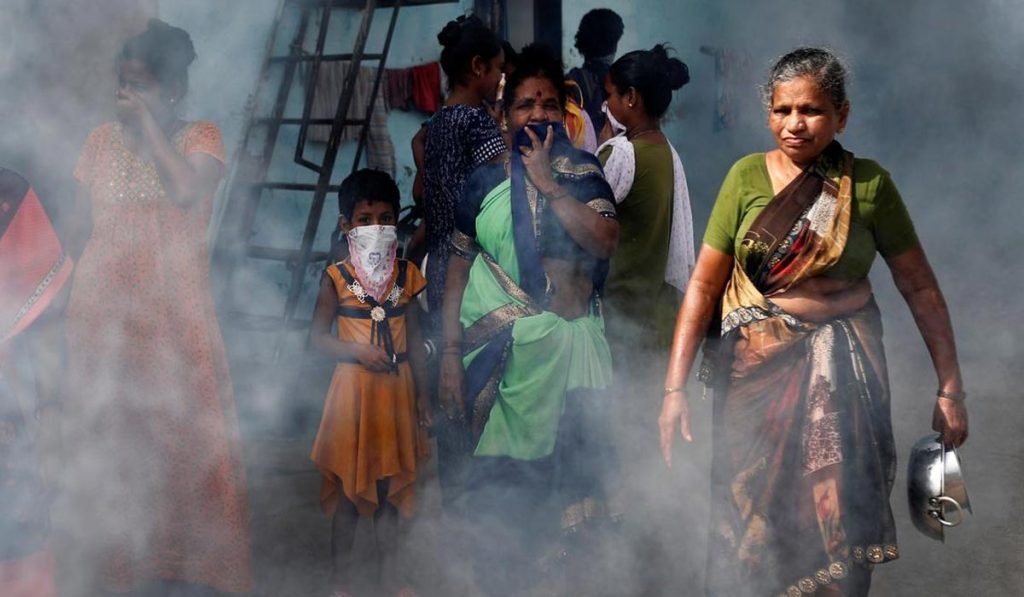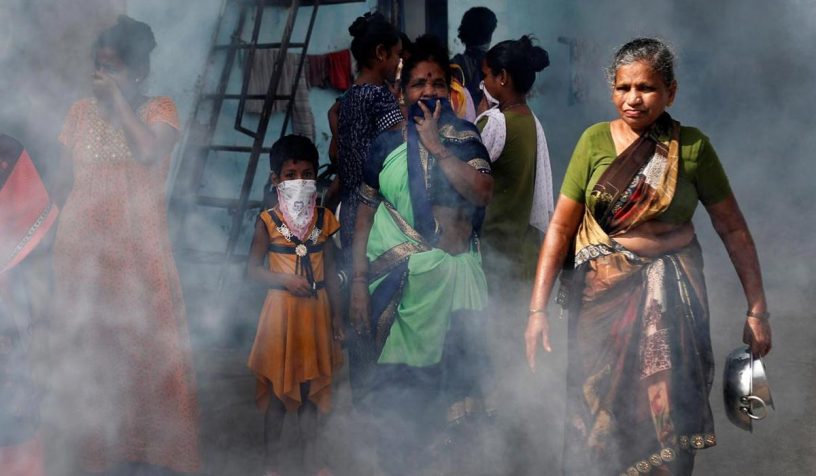
The unpaid, intensive forms of work women have been undertaking actually ensure the survival of families and communities.
Authors
Kaveri Haritas, Associate Professor, Jindal School of Government & Public Policy, O.P. Jindal Global University, Sonipat, Haryana, India.
Isabelle Guerin, Senior Research Fellow, French National Research Institute for Sustainable Development and French Institute of Pondicherry.
Summary
Women workers in India have been disproportionately hurt by the Covid-19-related lockdown and the ensuing economic downturn. While 36% of male workers lost employment during the lockdown in 2020, 74% female workers lost jobs.
As per data from the Centre for Monitoring Indian Economy, 78% of men who lost jobs regained their employment after lockdown. But only 40% of women who lost work did so.
Overall, due to Covid-19, the male and female working population fell sharply to 40.03% in 2020-’21 from 42.68% in 2019-’20.
The male work participation, which stood at 70.52% in 2016, declined by more than 4 percentage points between 2020 and 2021. The dismal women’s work participation rate of 11.88% in 2016-’17 dropped to 7.8% in 2020-’21, according to data from the Centre for Monitoring Indian Economy.
This decline has come to strengthen the view of women as dependents, specially by the current government that has chosen to employ the language of protection in its policies relating to women. By contrast, our research shows that the invisible, unpaid and intensive forms of work women have been undertaking actually ensure the survival of families and communities.
This work has increased exponentially during the pandemic as women have had to shoulder the responsibilities of an absent government and indifferent industrialists and businessmen.
Published in: Scroll.in
To read the full article, please click here.


